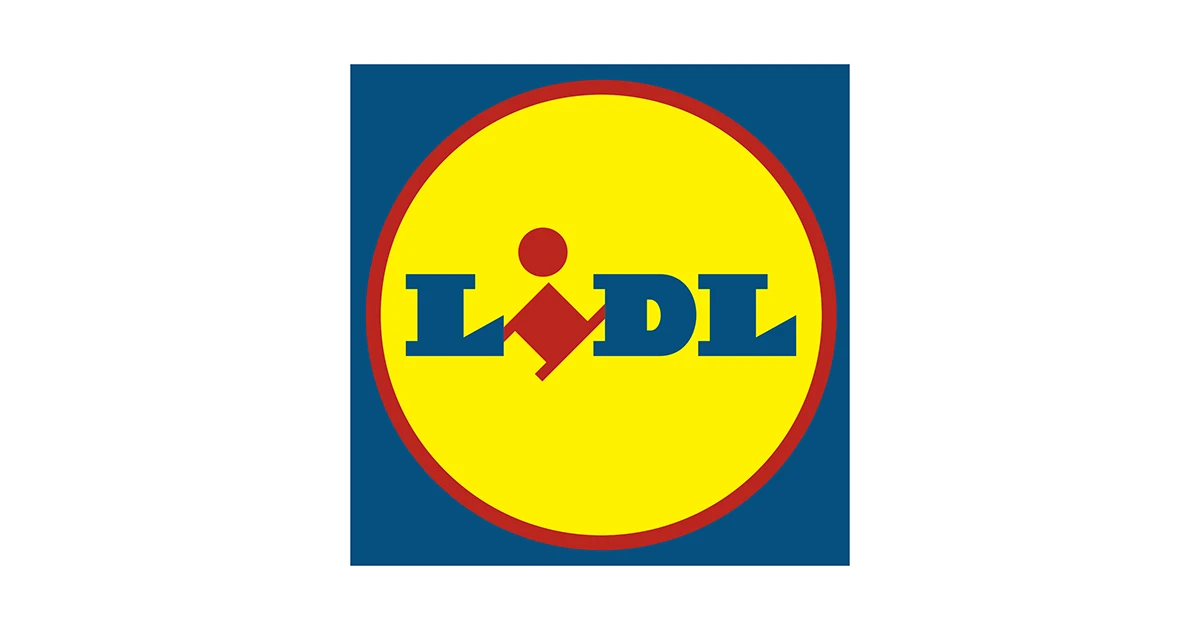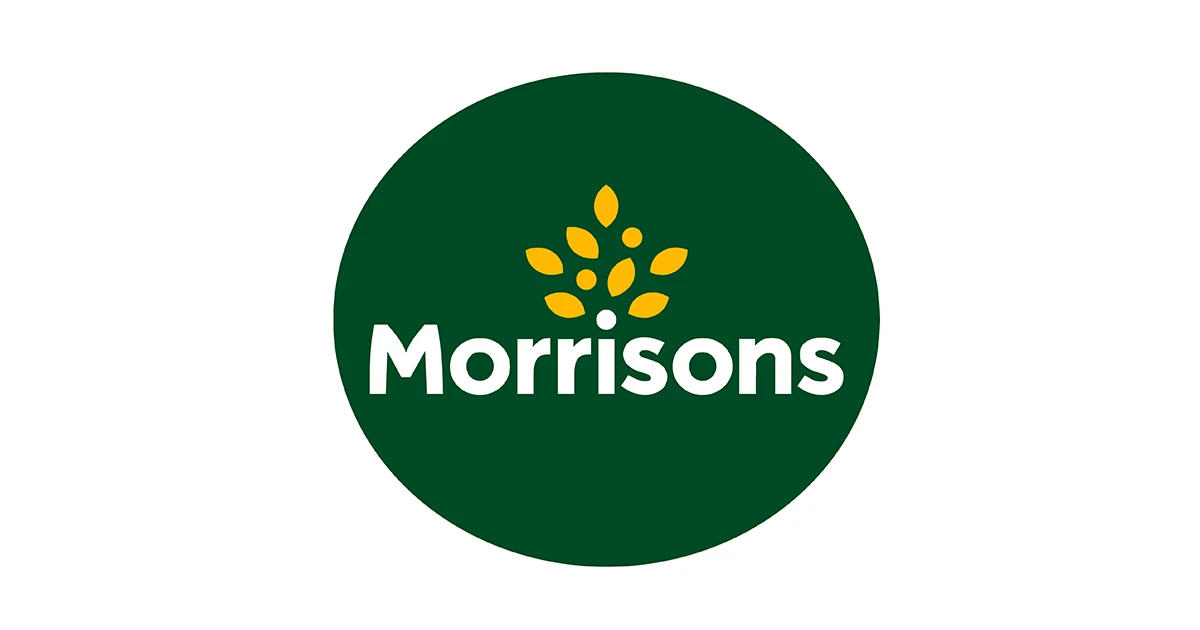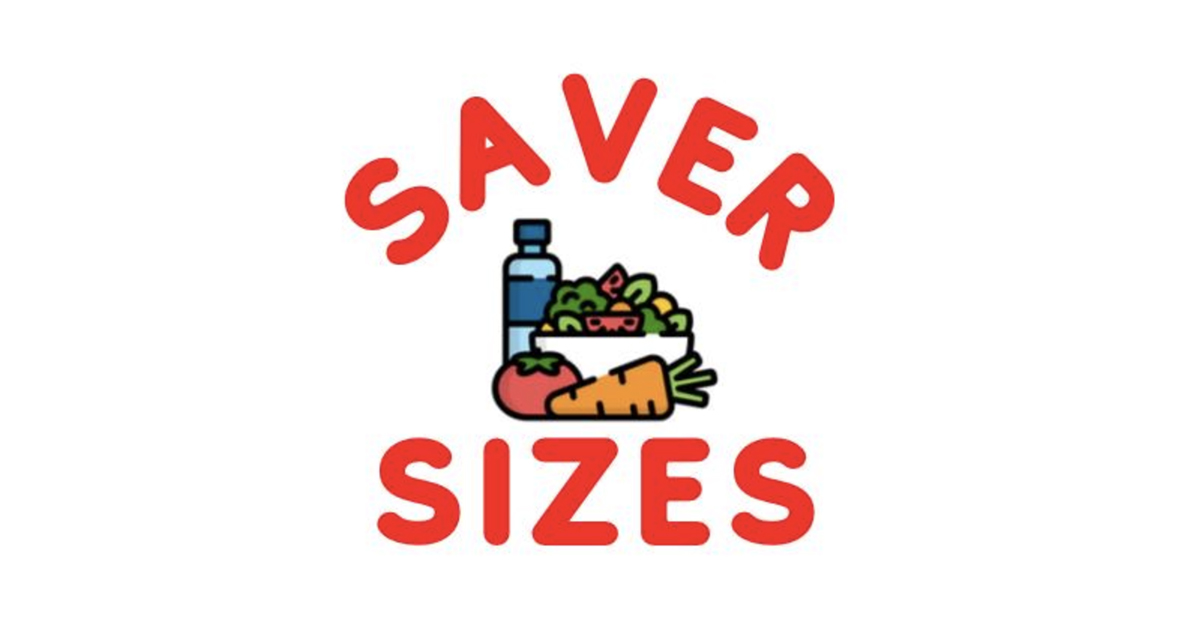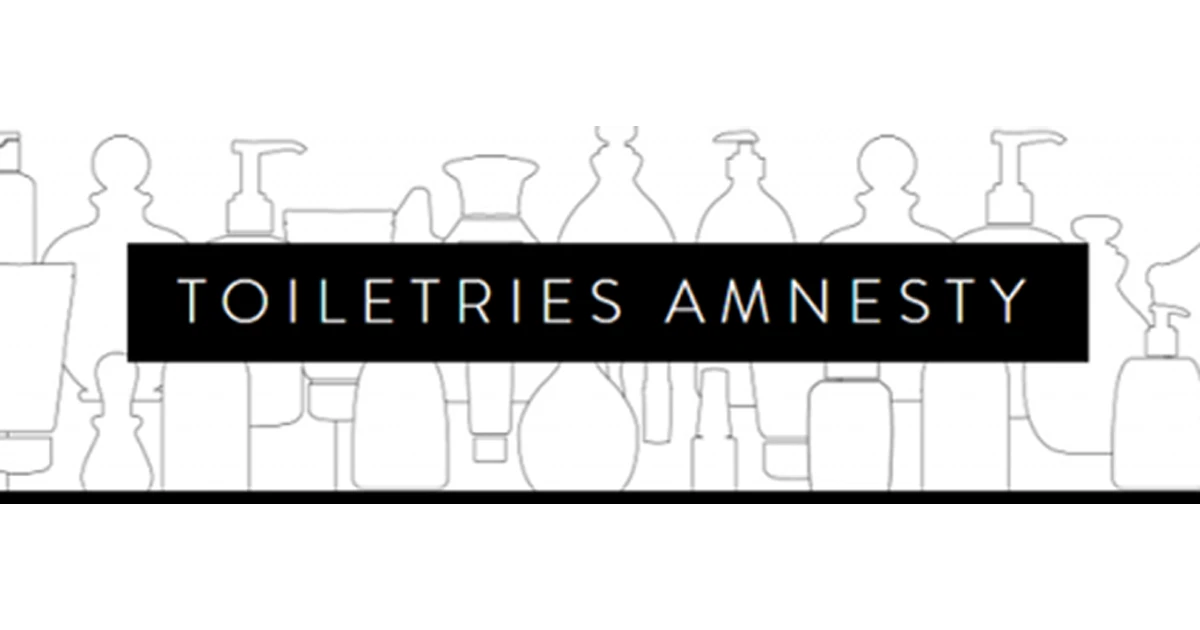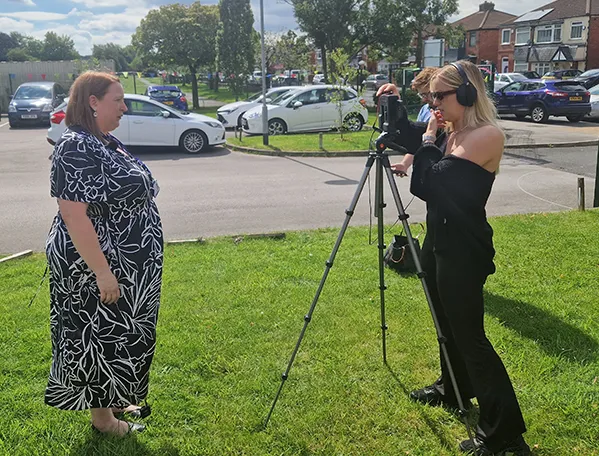Food bank
Our food bank consists of all food provisions received by our trusted suppliers, which have been stored safely with the appropriate measures in place and have been accounted for in our inventory system. We store our food safely in order to maintain the quality of our food parcels during every food distribution at the end of every week. In July of this year (2021), new figures conducted by the ONS revealed that there has been a significant increase (19%) in the number of individuals receiving help from food banks. It also indicated that more than one in three of all emergency food parcels distributed throughout the course of the year by Feedo Needo goes to children and the homeless population. This can become more of an issue during the harsh winter or school holidays when families struggle to afford food for their children who are not receiving free school meals, ahead of this summer, we are expected to have one of our busiest periods to date.
Our food bank is at the heart of our mission, we also work on the frontline and are open every Friday between 2pm and 4pm in our Bradford, Manchester and Birmingham distribution branches where we provide food and essentials to the most vulnerable members of our community. Feedo Needo provides nutritional provisions for young families, homeless patrons, and the entirety of the nationwide community as we strongly believe that it is vital for easy food access for all, regardless of ethnicity, age, sex, disability and background. There are numerous reasons why food banks such as ourselves exist, this can range from; financial debt, housing poverty, family breakdown and mental health issues all of which are preventable with the sufficient external support which we sign post through our food bank system.
Moreover, food banks such as Feedo Needo play a major role in the food aid sector by distributing donated and purchased groceries directly to food insecure families, which implies that public health implications of food insecurity are significant, particularly as food insecurity has a higher prevalence among certain population groups- a more significant number found in major UK cities such as London, Birmingham and Manchester. Therefore, we have the potential to improve food security outcomes when operational resources are adequate, provisions of perishable food groups are available, and the needs of those most insecure and vulnerable are identified and addressed.



.webp)














